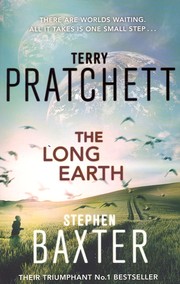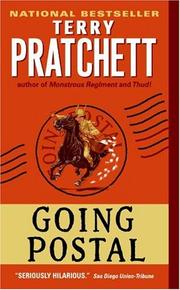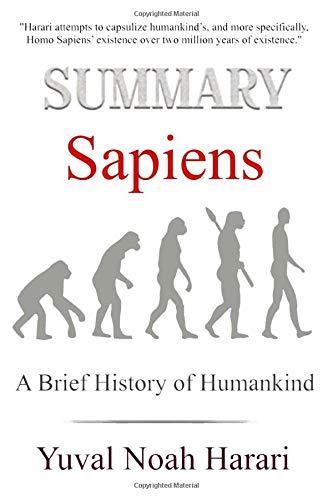Review of 'Summary: Sapiens: A brief History of Humankind by Yuval Noah Harari' on 'Goodreads'
2 stars
I'd heard a lot of good about this book, and the start was promising, but then I started to get a little annoyed...
There are natural limitations to a book, and a book like this, taking so broad a subject, must of necessity be superficial and selective, but even so, this one quickly wound up feeling far less a history of humankind, and far more a history of Euro-american humankind. Most annoying conisdering how global a view it started with. And so towards the end I come across bits like this:
"When judging modernity, it is all too tempting to take the viewpoint of a twenty-first century middle-class Westerner. We must not forget the viewpoints of a nineteenth-century Welsh coal miner, Chinese opium addict or Tasmanian Aborigine. Truganini is not less important than Homer Simpson."
And that all sounds very good, and I agree, but I wonder how it is …
I'd heard a lot of good about this book, and the start was promising, but then I started to get a little annoyed...
There are natural limitations to a book, and a book like this, taking so broad a subject, must of necessity be superficial and selective, but even so, this one quickly wound up feeling far less a history of humankind, and far more a history of Euro-american humankind. Most annoying conisdering how global a view it started with. And so towards the end I come across bits like this:
"When judging modernity, it is all too tempting to take the viewpoint of a twenty-first century middle-class Westerner. We must not forget the viewpoints of a nineteenth-century Welsh coal miner, Chinese opium addict or Tasmanian Aborigine. Truganini is not less important than Homer Simpson."
And that all sounds very good, and I agree, but I wonder how it is that Harari managed to not take his own advice...
I am also left with the feeling that Harari overly romanticises the pre-Agricultural hunter-gatherer lifestyle, but also pre-Industrial societies. Certainly the Agricultural and Industrial Revolutions were highly disruptive and brought many disadvantages, but sitting here in the comfort of a stable, 21st century democracy, it's hard not to see the advantages those revolutions have brought. Vaccines, for starters.
Then, looking at the future, the rise of information technology, the possibility of artificial intelligence:
"What is a spaceship compared to an eternally young cyborg who does not breed and has no sexuality, who can share thoughts directly with other beings, whose abilities to focus and remember are a thousand times greater than our own, and sho is never angry or sad, but has emotions and desires that we cannot begin to imagine?
Science fiction rarely describes such a future, because an accurate description is by definition incomprehensible."
I recommend Harari try reading Isaac Asimov. "I, Robot" and "Bicentennial Man" do not match the above description (robots vs. cyborgs), but they do imagine a future where AI has developed to the point of taking on a life of its own.
So, "Sapiens" gets off to a promising start, but quickly descends into a glib, superficial, eurocentric disappointment.




